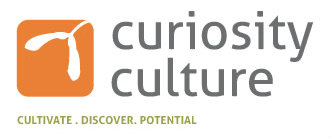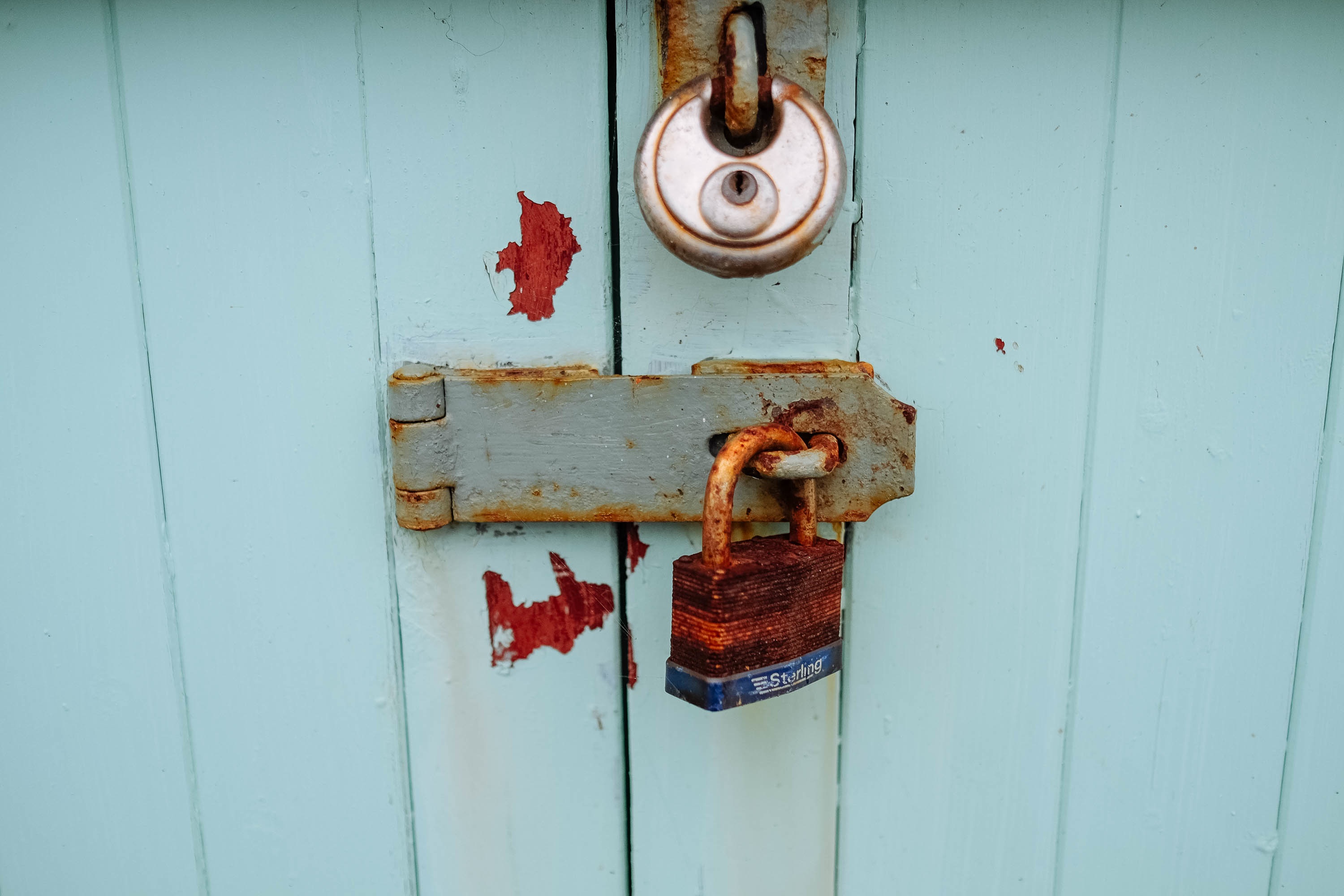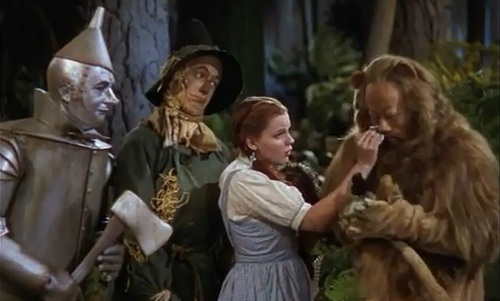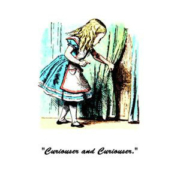Curiosity and Vulnerability
Curiosity is a dynamic of ongoing inquiry requiring that you reveal that you don’t know something. Your seeking to know something reveals the limits of what you know: that’s what real questioning is.
 Curiosity may also require that you reveal that others don’t know something, and we all know folks who are pretty attached to having all the answers. They may not like the feeling they get when they don’t have the answers; they may feel challenged, and they may react in an unpleasant way.
Curiosity may also require that you reveal that others don’t know something, and we all know folks who are pretty attached to having all the answers. They may not like the feeling they get when they don’t have the answers; they may feel challenged, and they may react in an unpleasant way.
Curiosity does more than just expose someone’s ignorance about something; it can threaten to expose something that is being hidden. If this is the case one can expect to encounter resistance, obfuscation, evasion and even aggression. This ‘something that’s being hidden’ may be something dangerous, something corrupt, around which there’s a wall of shame[1]. Or it may be an injury, a deep wound, an old painful trauma that’s never healed (shame is, itself, a wound). But, it can also be something beautiful: an extraordinary talent, a passion, a deep love, which is too frightening to expose. There are many reasons that things become hidden.
So curiosity is a state of unknowing, and requires the admission of unknowing: to be curious we need to be humble and vulnerable. Because it can expose ignorance, corruption and injury curiosity can be perceived of as dangerous, and this makes curiosity vulnerable to reaction and repercussion[2]. But curiosity also creates vulnerability: its nature is to expose, and it creates vulnerability in those whom it disrupts with its questions. This may not be their choice; they are put in an uncomfortable situation which may feel ungrounded and out of control.
Because curiosity requires and creates vulnerability, it requires bravery and courage[3]. Bravery and courage are the attributes of warriors. So, to remain steadfastly curious, you need to be a warrior.[4]
[1] “I ran into this thing that absolutely unravelled connection in a way that I didn’t understand and had never seen…it turned out to be shame. And shame is really easily understood as the fear of disconnection: is there something about me that, if other people know it or see it, that I won’t be worthy of connection?” Brene Brown ‘The Power of Vulnerability’ TED Talk
[2] Maybe the most archetypal of stories of the perils of inquiry is the Paradise story which opens the Old Testament. It’s not hard to interpret the terrible price Adam & Eve pay for succumbing to the temptation to eat of the Tree of Knowledge as the price paid for ‘wanting to know’. In this light ‘curiosity’ is depicted as the Original Sin precipitating The Fall, leading to the banishment of the first humans from the Garden of Eden. – Genesis 3
[3] “Perhaps all the dragons in our lives are princesses who are only waiting to see us act, just once, with beauty and courage.” – Rainer Maria Rilke ‘Letters to a Young Poet’
[4] For Chogyam Trungpa ‘warriorship’ was nothing more than demonstrating the persistent courage to leave the safety one’s own perceptual ‘cocoon’. “The way of cowardice is to embed ourselves in a cocoon…perpetuate habitual patterns. When we are constantly recreating our basic patterns of behavior and thought, we never have to leap into fresh air or onto fresh ground.” – Shambhala: The Sacred Path of the Warrior, Chogyam Trungpa






Trackbacks & Pingbacks
[…] hidden’ may be something dangerous, something corrupt, around which there’s a wall of shame[1]. Or it may be an injury, a deep wound, an old painful trauma that’s never healed (shame is, […]
[…] hidden’ may be something dangerous, something corrupt, around which there’s a wall of shame[1]. Or it may be an injury, a deep wound, an old painful trauma that’s never healed (shame is, […]
Comments are closed.